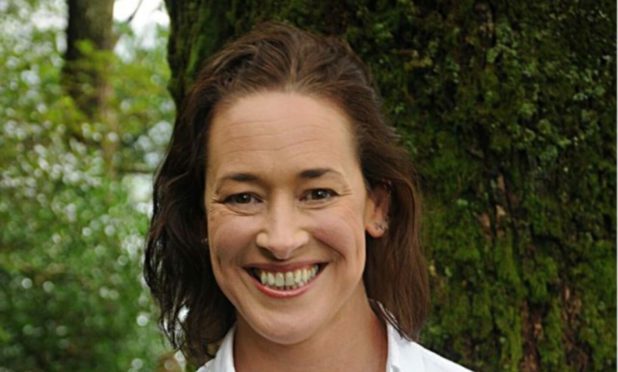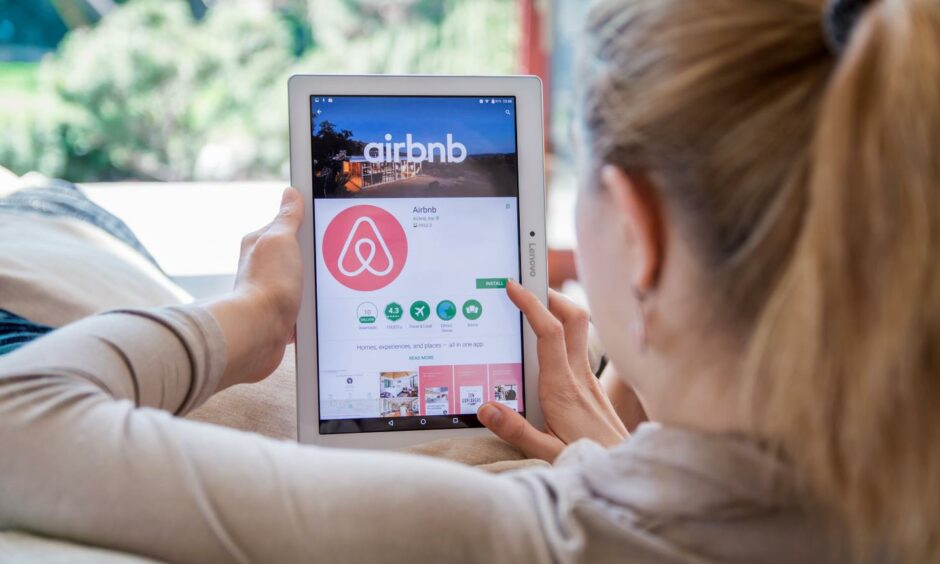The Scottish Government is facing calls to stop “crippling” the self-catering sector after a new report found it is worth £867 million a year to the country’s economy.
The study- Economic Impact of Self-Catering Sector to the Scottish Economy – has shown that in 2019 the 17,794 traditional self-catering properties across the country generated £672m in economic activity and encouraged visitors to spend £867m, thereby benefiting other related businesses in tourism and hospitality.
The report, commissioned by the Association of Scotland’s Self-Caterers (ASSC), also found that short-term letting in Scotland supports 23,979 full-time equivalent jobs.
Small businesses need support
ASSC said the figures underlined the need for government to support small businesses as they seek to recover from Covid-19 – and also cast doubts over plans for a licensing scheme which could “irreparably damage” the sector.
The group is calling for the government to exempt the sector from its plans.
The government has consulted on revised proposals to introduce a licensing scheme in response to problems caused by growth in Airbnb style-lets.
‘Key pillar’
ASSC chief executive Fiona Campbell said: “We already knew self-catering is an essential part of Scotland’s vital tourism industry, but this report goes to show how significant our contribution is.
“Our £867m contribution to Scotland’s economy is indicative of the professionalism, entrepreneurial ethos, and drive that has made our sector a key pillar of Scotland’s world-renowned tourism offering.”
One thing is for sure, if the government is to rely on our huge contribution to the Scottish public purse, the last thing they should do is cripple our sector in this way.”
She added: “These figures make the Scottish Government’s continued willingness to thrust a damaging, counter-productive, and badly-designed licensing scheme onto our businesses even more baffling.
“One thing is for sure, if the government is to rely on our huge contribution to the Scottish public purse, the last thing they should do is cripple our sector in this way.”
Figures were taken from 2019 in order to understand how the sector, which has been badly hit by the Covid-19 pandemic, performs under normal circumstances.
In 2020, due to Covid-19 restrictions, there was a £253m plunge in guest spend and a drop in the total economic contribution the sector made of around one-third (29%).
A Scottish Government spokesman said: “We acknowledge the importance of the tourism sector to our economy.
“That is why we have provided a multimillion-pound package of support to help tourism and hospitality businesses recover from the coronavirus pandemic as part of a wider £129m investment in the sector.
“Regulation of short-term lets is vital to balance the needs and concerns that residents and communities have raised, with wider economic and tourism interests.”

